
Rocha aims to understand a devastating liver disease
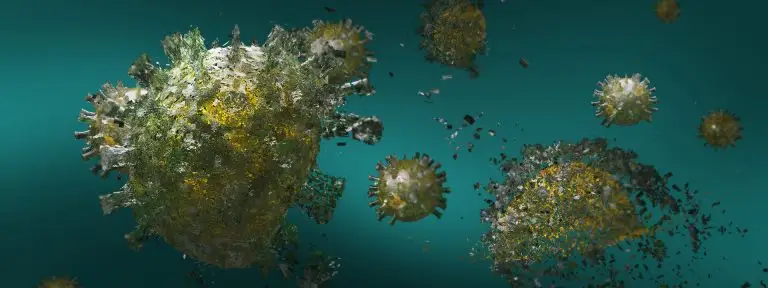
The Weiskopf is devoted to understanding T cell responses in emerging infectious viruses relevant to human health and disease.
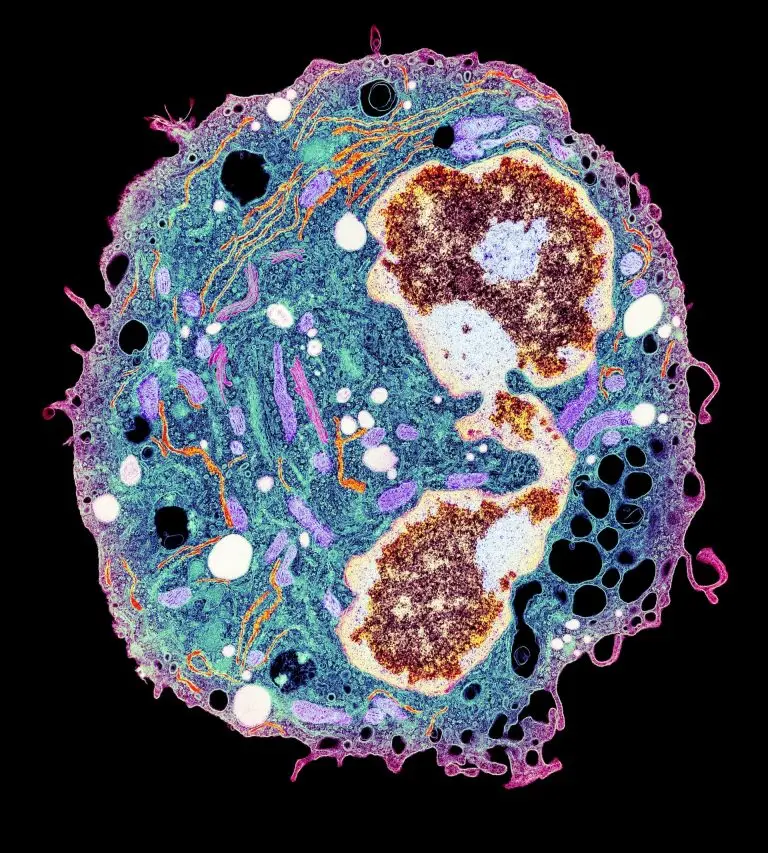
Pandurangan Vijayanand, M.D., Ph.D., and his lab members employ genomics tools to understand, diagnose and treat pulmonary disease such as asthma, lung cancer and infectious diseases, including the novel coronavirus.
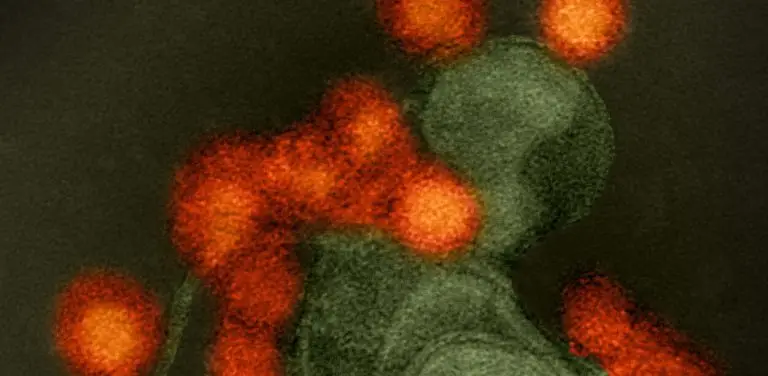
Sujan Shresta, Ph.D., and her team study the immunology and virology of mosquito-borne human pathogens such as dengue virus and Zika virus.

Sonia Sharma, Ph.D., and her lab members lead unbiased, genome-scale approaches to unravel innate immunity, the body’s early immune response to microbial pathogens and neoplastic cells.

Dr. Schmiedel is dedicated to shedding light on the genetic mechanisms driving the pathogenesis of human diseases. His research is revealing molecular features regulating immune cell function to enhance our understanding and advance disease diagnosis, treatment, and prevention.

Erica Ollmann Saphire, Ph.D., MBA, studies, at the molecular level, how and why viruses are pathogenic. This work provides the roadmap for medical defense.

Anjana Rao, Ph.D., focuses on understanding how signaling pathways control gene expression, using T cells and other cells of the immune system as models.

Samuel Myers, Ph.D., studies the signaling circuits that drive the behavior of individual immune cells and ultimately orchestrate systemic immune responses.

Shane Crotty, Ph.D., and his team study immunity against infectious diseases. They investigate how the immune system remembers infections and vaccines.

LJI joins a nationwide network working to accelerate transformative health solutions
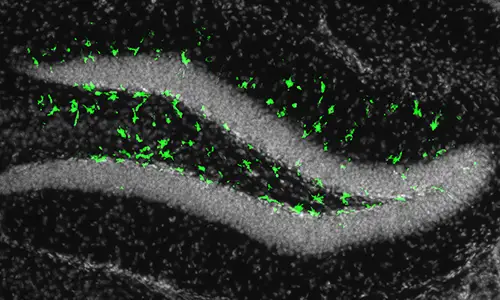
LJI scientists are investigating new strategies for stopping Zika virus.
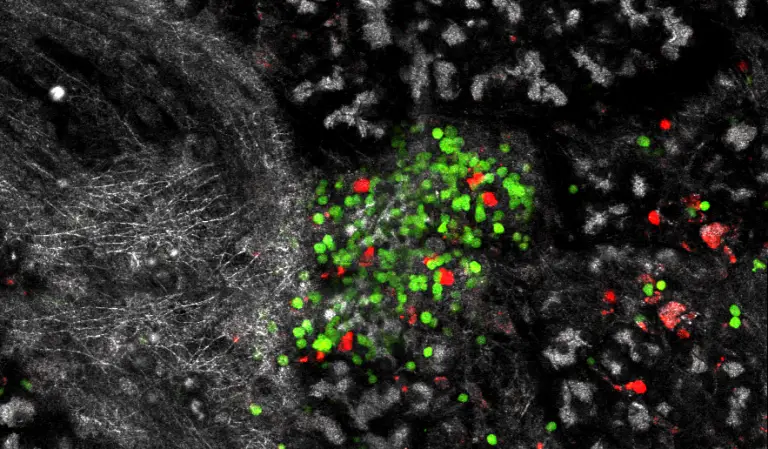
Type 1 diabetes accounts for up to 2 million U.S. cases and occurs when the immune system mistakenly destroys insulin-producing cells in the pancreas.

Millions of people suffer from seasonal allergies. For them, the onset of spring signals several months of misery.

Researchers at La Jolla Institute are investigating how the immune system may contribute to Parkinson's disease.
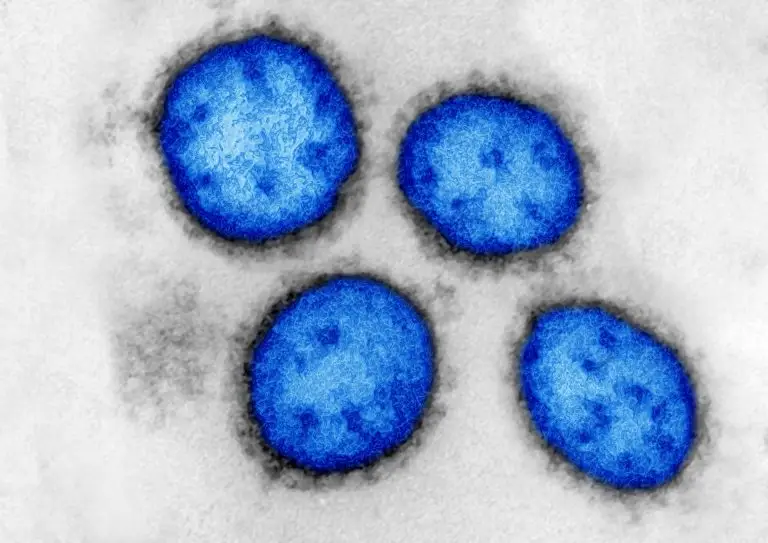
Lassa virus is endemic to West Africa and kills nearly 5,000 people a year. Research led by La Jolla Institute scientists lays the groundwork for anti-Lassa vaccine development.

Researchers at La Jolla Institute are working to prevent the symptoms of IBD before inflammation escalates.
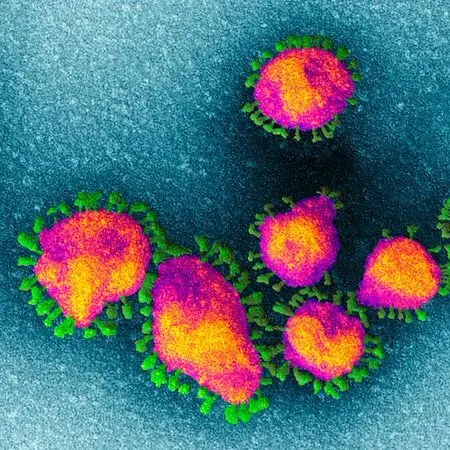
Scientists in the La Jolla Institute for Immunology (LJI) remain at the forefront of research into COVID-19 vaccines, therapies, and the disease's long-term effects.
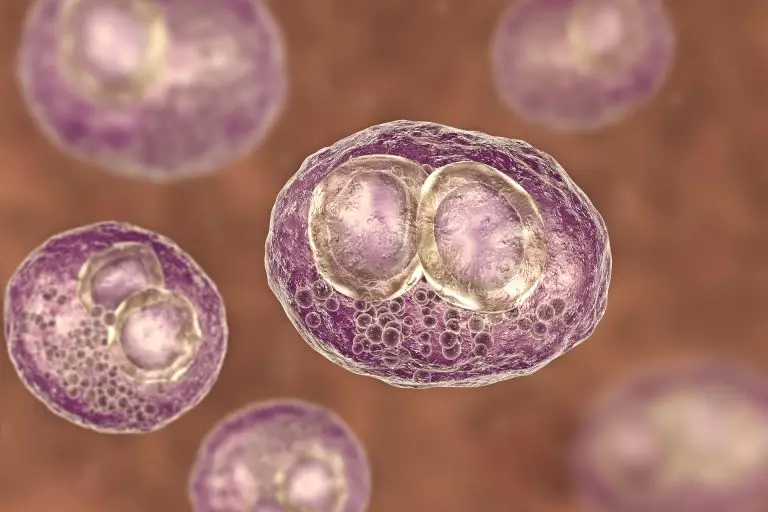
CMV is the number one infectious cause of congenital birth defects worldwide. Researchers at La Jolla Institute are working to define the molecular underpinnings of CMV infection.

Scientists at La Jolla Institute are investigating what causes immune cells to turn on the body—and how we can intervene.

Atopic dermatitis occurs when a person’s immune system causes inflammation of the skin, which also makes the skin more vulnerable to environmental irritants and allergens.

Heart disease, also called cardiovascular disease, can describe several conditions, including coronary artery disease and aortic athlerosclerosis.

Asthma affects more than 25 million people across the nation—7 million of them children—and the incidence is rising.
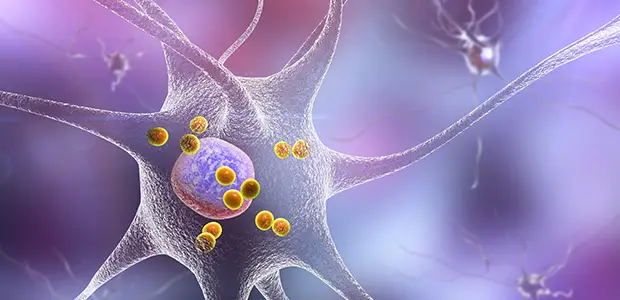
La Jolla Institute scientists are working to understand how the body's T cells may target the proteins involved in the plaques and tangles seen in brains with Alzheimer's disease.

Dr. Reina-Campos’ lab seeks to understand the underlying principles governing tissue immune networks that enable robust and long-term protection against infection and tumors.

The Weiskopf lab studies how the body battles emerging viruses to prepare for pandemic threats

Ferhat Ay, Ph.D., works to understand gene regulation in complex organisms and diseases.
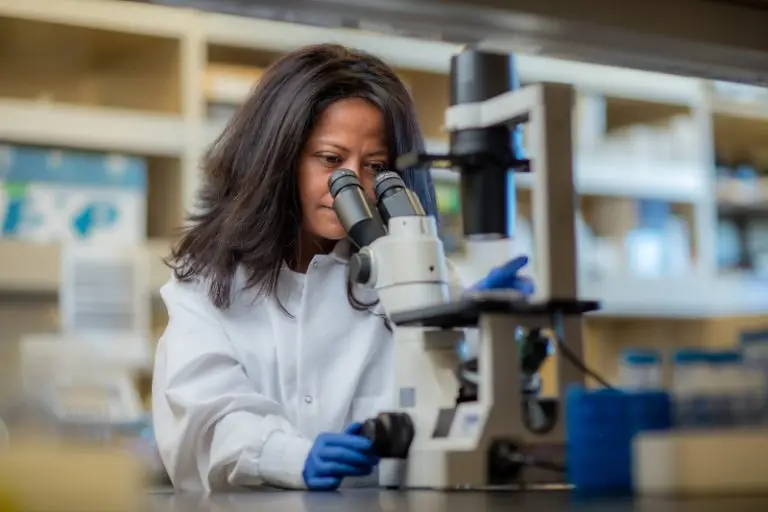
Prebys Foundation celebrates ground-breaking female researchers

LJI's Flow Cytometry Core brings cutting-edge technology to immune system researchers

“Barbara and I are not going to be here forever, so I wanted to get our kids involved"

Institute President and CEO Erica Ollmann Saphire, Ph.D., joins national leaders in highlighting the importance of studying sex-based immune system differences

Holmes has led the charge in intellectual property and regulatory compliance at two renowned biomedical centers

New analysis shows men and women really do have immune cell differences

New study shows autoimmune rheumatoid arthritis research focused on women will bring billions to the economy. Leading immune research institute announces new sex and gender focus.

New evidence indicates that target cells may play a role in their own destruction.

Men and women have different immune systems. With a better understanding of sex-specific immune differences, scientists can more effectively fight infections, cancers, heart disease, and even pregnancy complications.




































